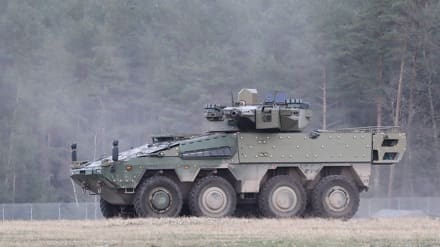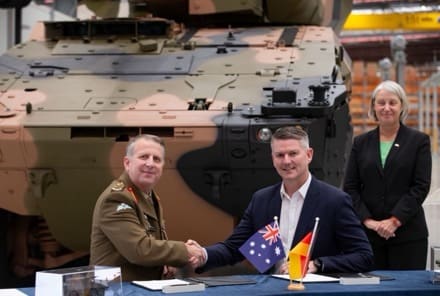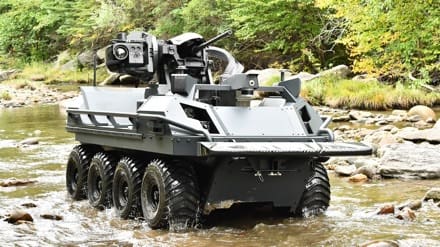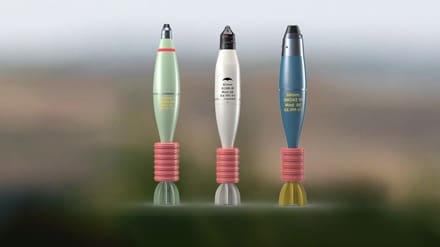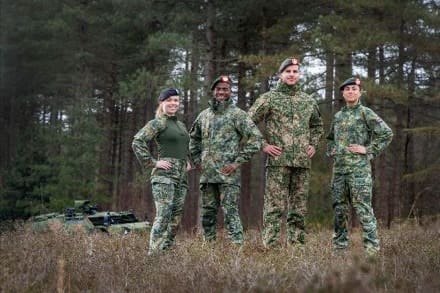Saab has signed an initial three-year contract with the UK Ministry of Defence, for the provision of support to Live Simulation systems with ILT-D (Instrumented Live Training), valued at £60M and options to extend until 2030.
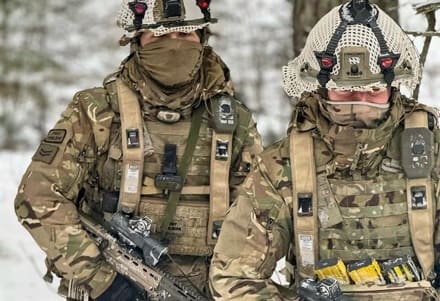
The ILT-D contract, replaces the previous DFWES (Direct Fire Weapon Effect Simulator) contract. ILT-D supports high fidelity systems that use a blend of laser and geometric pairing technology to simulate direct and indirect fire effects. This data rich capability provides objective feedback which is used to inform the After Action Review (AAR) process and validate training.
The contract includes a significant investment in extending the life of the capability to provide the UK MoD with the most modern system available. This ensures it remains relevant to the British Army’s evolving training needs, addresses obsolescence issues, and continues to be interoperable with partner nations through exploitation of the latest generation of Saab hardware and software.
Support will be continued across permanent Collective Training locations in the UK and Germany, as well as at the Infantry Training Centre in Catterick, Infantry Battle School in Brecon and the Commando Training Centre Royal Marines.
“As Saab Training and Simulation marks 30 years of collaboration with the British Army, we are delighted that ILT-D is in place to support training for the next epoch. This contract exemplifies our commitment to delivering world leading live simulation capabilities at the point of need, so the UK can conduct training as both a deterrence and reassurance around the globe,” said James Passmore, VP Director of Marketing and Sales, Saab UK.
“Our collaboration with Saab UK builds on the long-standing relationship and represents the dedication DE&S and the British Army have to providing the best training possible for our dedicated soldiers. Ahead of the Collective Training Transformation Programme, ILT-D will ensure that the British Army has access to a training capability that is able to keep pace with the training needs bought about by an increasingly complex strategic context and rapidly evolving character of warfare,” said Simon Pearce, Training and Simulation Systems Portfolio Leader for Defence Equipment & Support, the contracting authority.
With interoperability and deployability at its core, Saab’s Live Simulation Systems have a growing global user community. The British Army has recently deployed its Saab systems around the world including overseas exercises delivered in Finland, Sweden, Estonia, Kenya, Oman, Jordan, Cyprus and Germany.


